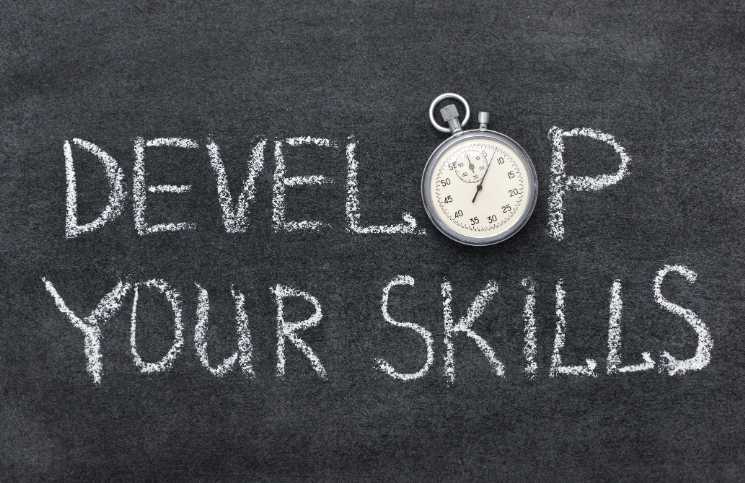by Greg Cunningham
In conversations with friends this past week, there are two facts that seemed to have been lost in the shuffle during the campaign for Question 2.
• Grade 10 students will still take the MCAS assessment, although it will not count toward their graduation requirement.
• Only 1% of grade 10 students did not receive a high school diploma due to a low MCAS score.
These two facts may seem unrelated to many, but they present a key realization for Massachusetts public high schools: nothing really changes even though Question 2 passed.
Whether MCAS is used to determine graduation eligibility or not, student success has never been dependent on their score. Student success is dependent on the skills they need to succeed in college, in the workplace, and in trade careers.
Massachusetts Standards, developed by teachers and implemented as part of the Education Reform Act enacted in 1993, outlines the skills students require at each grade level. These standards are regularly updated to reflect best practices and relevant example material in an ever-changing world.
If students do not gain the skills outlined by the Massachusetts Standards, they will find it difficult to compete even with a high school diploma in their possession as they head out to the next stage of their lives. Skill building needs to be the main focus of schools as they make their way in the post-Question 2 world.
One issue MCAS exposed is the underperformance of EL students, special education students, students living with economic hardship and minorities. Whether these students lacked the skills to perform well on MCAS or were hindered by an inability to maneuver through the assessment itself, inequity in education must be addressed. All students deserve an opportunity to gain the skills necessary to succeed.
JFYNetWorks has always worked with teachers and schools to implement online tools to help students build skills. From increased reading comprehension to building critical math ability, JFY works to ensure students meet grade level standards as they progress through their education and also when entering the post-secondary world. Meeting grade level standards is the key element when measuring student achievement.
Educational equity is not just a crucial element in improving a school’s performance rating, but a moral imperative in our world today. Students in underperforming subgroups have for too long strived for a level of high skills seemingly out of reach. Many of these students need a tailored curriculum to specifically meet their specific needs.
JFY’s individualized curriculum meets students where they are to help them achieve grade-level standards. JFY’s unique approach determines what skills students have and what skills they need to acquire for their current grade level. This approach helps all students and provides a real solution to promoting educational equity.
Skills matter, not scores. By helping to build the skills students need, JFY’s partnership with teachers helps to implement educational equity, ensuring all students graduate with the proficiency they need.
Greg Cunningham is a JFYNetWorks learning specialist.
Other posts authored by Greg can be found here.
HOW ARE WE DOING? In our pursuit to serve up content that matters to you, we ask that you take a couple of minutes to let us know how we’re doing? Please click here to be navigated to our JFYNet Satisfaction Survey. Thank you!





